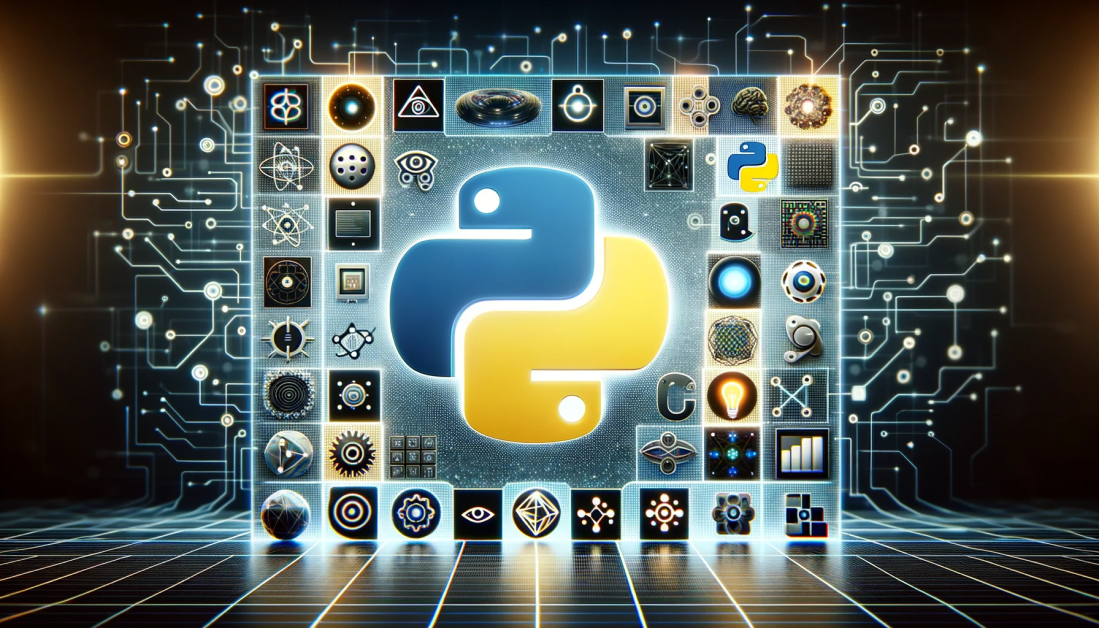Artificial Intelligence (AI) and Machine Learning (ML) are transforming industries by enabling systems to learn from data, make predictions, and automate decision-making processes. AI refers to the simulation of human intelligence in machines, while ML, a subset of AI, involves training algorithms to recognize patterns and make data-driven predictions. Together, they are powering advancements in fields like healthcare, finance, transportation, and more.
The origins of AI can be traced back to the 1950s when pioneers like Alan Turing and John McCarthy laid the groundwork for the development of intelligent machines. However, it wasn’t until the advent of powerful computing resources and the availability of large datasets in the 21st century that ML began to thrive. Today, AI and ML are ubiquitous, with applications ranging from virtual assistants like Siri and Alexa to recommendation systems used by Netflix and Amazon.
One of the primary benefits of AI and ML is their ability to analyze vast amounts of data and uncover insights that would be impossible for humans to detect manually. In healthcare, for example, ML algorithms are used to predict patient outcomes, identify potential disease outbreaks, and personalize treatment plans. In finance, AI systems detect fraudulent transactions, assess credit risks, and optimize trading strategies. These capabilities not only improve efficiency but also enhance accuracy and decision-making.
Another significant advantage of AI and ML is their potential to automate routine and complex tasks, freeing up human resources for more strategic activities. In manufacturing, AI-powered robots and ML-driven predictive maintenance systems optimize production processes and reduce downtime. In customer service, chatbots and virtual assistants handle inquiries, providing quick and accurate responses to customers’ needs. This automation leads to cost savings, increased productivity, and improved service quality.
Despite their immense potential, AI and ML also pose challenges and ethical considerations. Issues such as data privacy, algorithmic bias, and the impact of automation on jobs need to be addressed. It is crucial for organizations to adopt ethical AI practices, ensure transparency in their models, and implement measures to mitigate biases. By doing so, they can harness the power of AI and ML responsibly and create systems that benefit society as a whole.
In conclusion, AI and ML are reshaping the way we live and work, offering unprecedented opportunities for innovation and efficiency. From enhancing data analysis and decision-making to automating tasks and improving services, the applications of AI and ML are vast and varied. As these technologies continue to evolve, staying informed and adopting best practices will be essential for leveraging their full potential and addressing the associated challenges. Whether you’re a business leader, a developer, or a curious learner, understanding AI and ML is key to thriving in the future.














